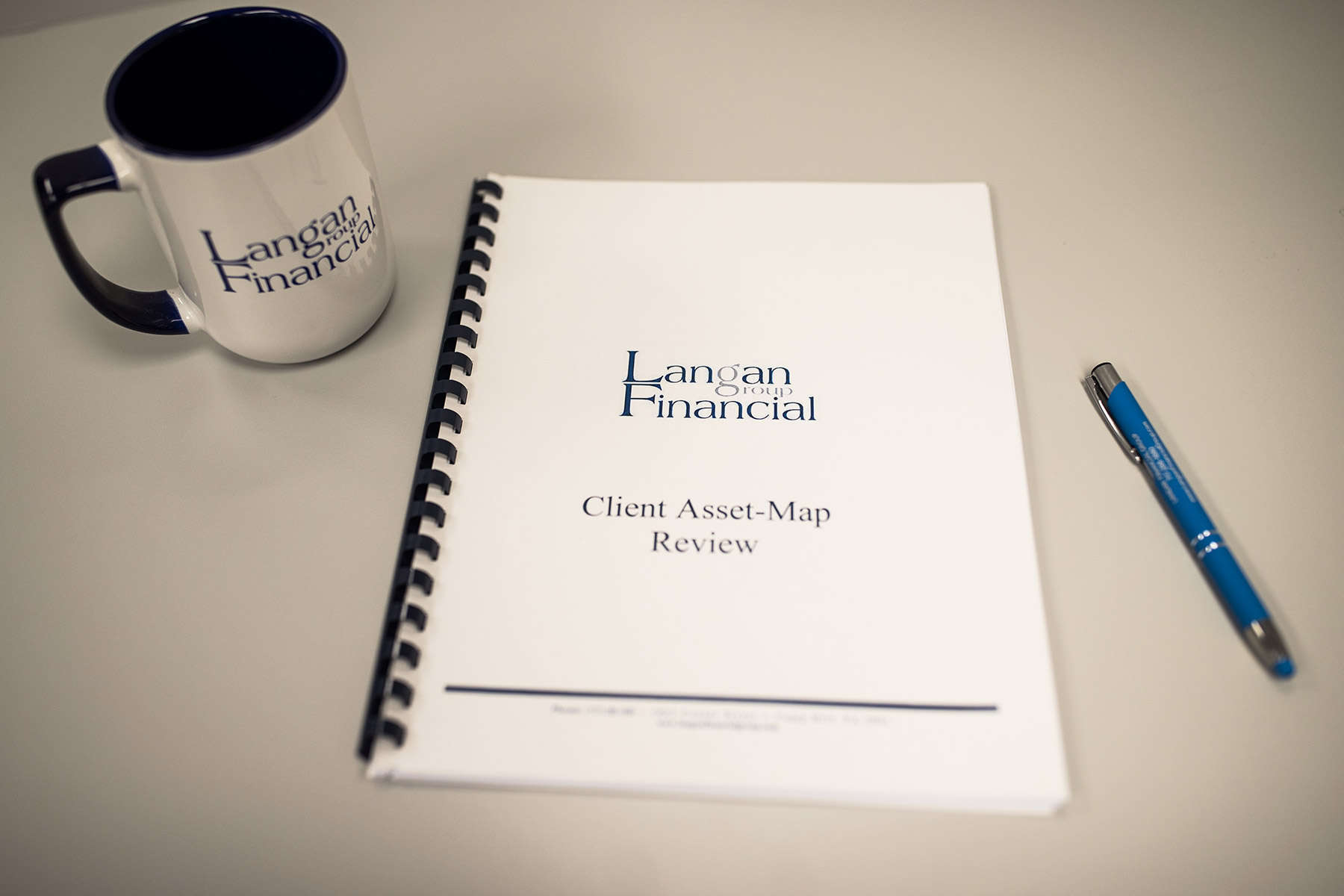Let’s discuss how to determine if there are 401(k) issues that cause IRS red flags. Determining if there are any red flags in your 401(k) audit is not as simple as seeing a bright red flag at the home screen of your 401(k)-plan website. To determine if there are any red flags, you will need to review the various aspects of the plan and determine if there is a potential 401(k) issue that may be a red flag to the IRS
Review 401(K) Plan Documents Checklist

First, a plan sponsor will want to review the plan documents and year-end testing reports, including the:
- Adoption Agreement
- You can find the way the plan should operate and definitions of key terms (such as compensation).
- Summary Plan Descriptions (SPD)
- Includes the same information as the Adoption Agreement in written form
- Any amendments that have been made to the plan.
- This should be an addendum to the Adoption Agreement and will include any changes to the plan since its establishment.
- Nondiscrimination testing and year-end reporting
- This will show the submission date of Form 5500, if any corrective distributions were made, and the results from top-heavy testing.
Review the 401(k) plan documents for any:
- Inconsistencies
- Outdated information
- Missing provisions
Four Questions to Ask When Reviewing Group Retirement Plan Audit Documents
- What is the definition of compensation according to the plan, and are we following the definition?
- Have you ever missed or delayed a payroll submission?
- Is there a fidelity bond on file and current?
- Does our group retirement plan require an audit, and if so, was the accountant’s opinion acceptable?
By viewing Form 5500 from previous plan years, you can find if there were any missed distributions, insufficient fidelity bond, or the results from a previous audit.
In addition to the resources outlined in this article, the IRS has a guide of common 401(k) plan issues, how to find the mistake, and how to fix the 401(k) mistake. 401(k) Plan Fix-It Guide | Internal Revenue Service (irs.gov)
With the assistance of a third-party group retirement plan administrator and financial advisor, they can help inform the plan sponsor of any potential issues at the plan document level.
How Do I Evaluate My Company 401(K) Plan Operations?
By assessing the day-to-day administration of the group retirement plan, a plan sponsor is able to determine any possible issues with plan operations. This includes confirming timely:
- Enrollment
- Contribution
- Distribution
- loan processing
- investment options
This includes ensuring the plan is serving the best interest of plan participants and their beneficiaries. Funds should be allocated to the properly selected investment, and in the event of the employee not making a selection, there is a suitable Qualified Default Investment Alternative (QDIA) for them.

How Do I Assess 401(K) Participant Activity and Communications
Reviewing participant data to identify any trends or anomalies that may raise compliance issues, such as:
- contribution rates
- investment choices
- participation levels
This includes the distribution of enrollment materials, annual notices, and period required notices (such as in the event of a plan level fund change).
Conduct Internal Group Retirement Plan Audits for Compliance
By performing a periodic internal audit and review of the 401(k) plan’s operations and compliance procedures, it will be a lot easier to identify any red flags and address them proactively.
This would involve reviewing the items previously mentioned in the article, along with any end of year testing completed by the Third-Party Administrator. If a plan sponsor is having trouble determining if something is a potential issue, they should be able to contact their plan’s advisor and TPA to inform them of the potential problem, and receive steps to correct this.
401(K) Audit Checklist
Below, we have included a checklist of the most common items a 401(k) audit will cover:
- 401(k) Plan Document up to date
- Untimely participant deferral deposits
- Plan operations following the plan document
- Plans definition of compensation followed
- Matching contributions made only to eligible employees
- Plan definition of eligibility is followed
- Proper administration of group retirement plan participant loans, hardships, QDROs, etc.
- Timely filing of Form 5500
- ADP/ACP Testing results
- Deferral limits not exceeded
- Top-heavy requirements met
One other option would be to request an independent third-party administrator near you, or a nearby ERISA attorney, to conduct an independent assessment of plan compliance to identify areas of improvement.
401(K) Plan Resources
With the constantly evolving employer sponsored group retirement plan landscape, it may be necessary to consult with nearby retirement plan professionals such as TPAs, Advisors, ERISA attorneys, and aCertified Public accountant near you to review the plan’s documentation, operation, and compliance status.
Retirement Plan Professionals are also a great source of information to keep up to date on changes in tax laws, regulatory requirements, and IRS guidelines that affect retirement plans and their potential impact on the 401(k) plan. They can also provide access to seminars, webinars, or newsletters that keep sponsors up to date on changes. EP Examination Process Guide | Internal Revenue Service (irs.gov)
About the Authors

Alexander Langan, J.D, CFBS, serves as a financial advisor at Langan Financial Group. In this role, he manages investment portfolios, acts as a fiduciary for group retirement plans, and consults with clients regarding their financial goals, risk tolerance, and asset allocation.
With a focus on ERISA Law, Alex graduated cum laude from Widener Commonwealth Law School. He then clerked for the Supreme Court of Pennsylvania and worked in the Legal Office of the Pennsylvania Office of the Budget, where he assisted in directing and advising policy determinations on state and federal tax, administrative law, and contractual issues.
Alex is also passionate about giving back to the community and has participated in The Foundation of Enhancing Communities’ Emerging Philanthropist Program, volunteers at his church, and serves as a board member of Samara: The Center of Individual & Family Growth. Outside of work and volunteering, Alex enjoys his time with his wife Sarah and their three children, Rory, Patrick, and Ava.

Harry Claypool currently serves as an Associate 401(k) Advisor at Langan Financial Group where he assists Alex in servicing retirement plans, preparing plan reviews, and handling administrative work. In his free time, Harry enjoys visiting new restaurants, spending time with friends and family, and watching the Eagles.
About Langan Financial Group
Langan Financial Group, based outside of Harrisburg, PA, is an independent financial planning firm established in 1985, offering a broad range of financial planning services. With an open architecture platform, our advisors have access to a diverse range of products, free from any sales quotas. Our team of 9 financial experts, each with unique specialties, enhances our ability to focus on delivering value to our clients.
Disclosure
Securities offered through Cambridge Investment Research, Inc., a Broker/Dealer, Member FINRA/SIPC. Investment Advisor Representative, Cambridge Investment Research Advisors, Inc. a Registered Investment Advisor. Cambridge and Langan Financial Group, LLC are not affiliated. Cambridge does not offer tax or legal advice.




